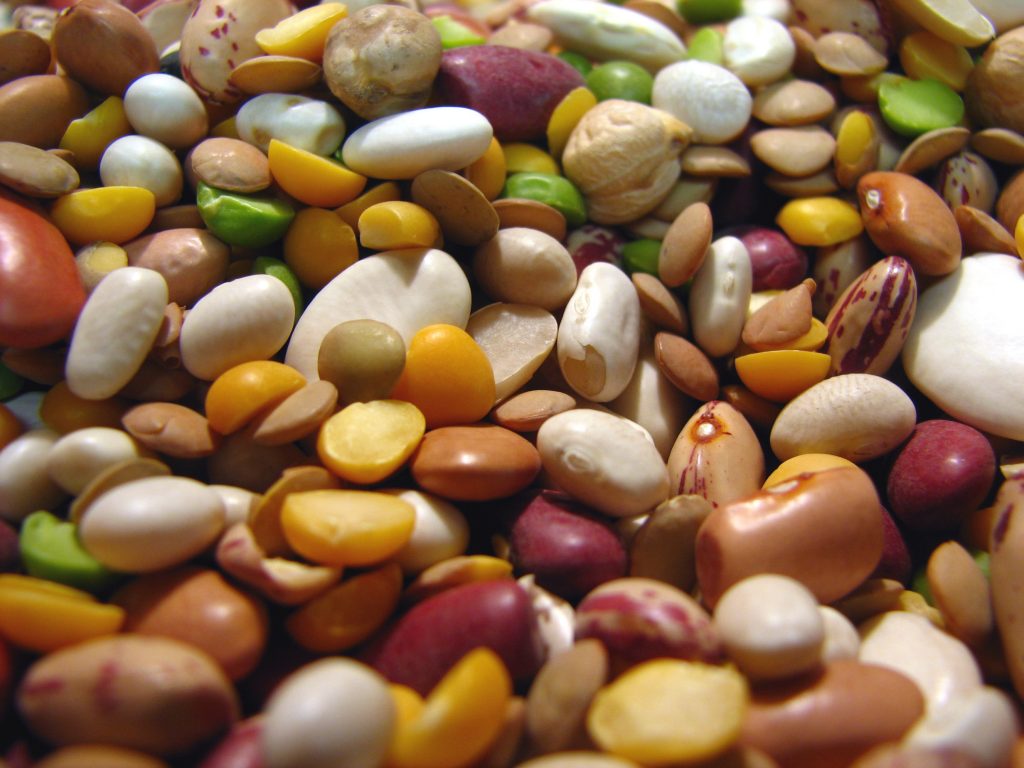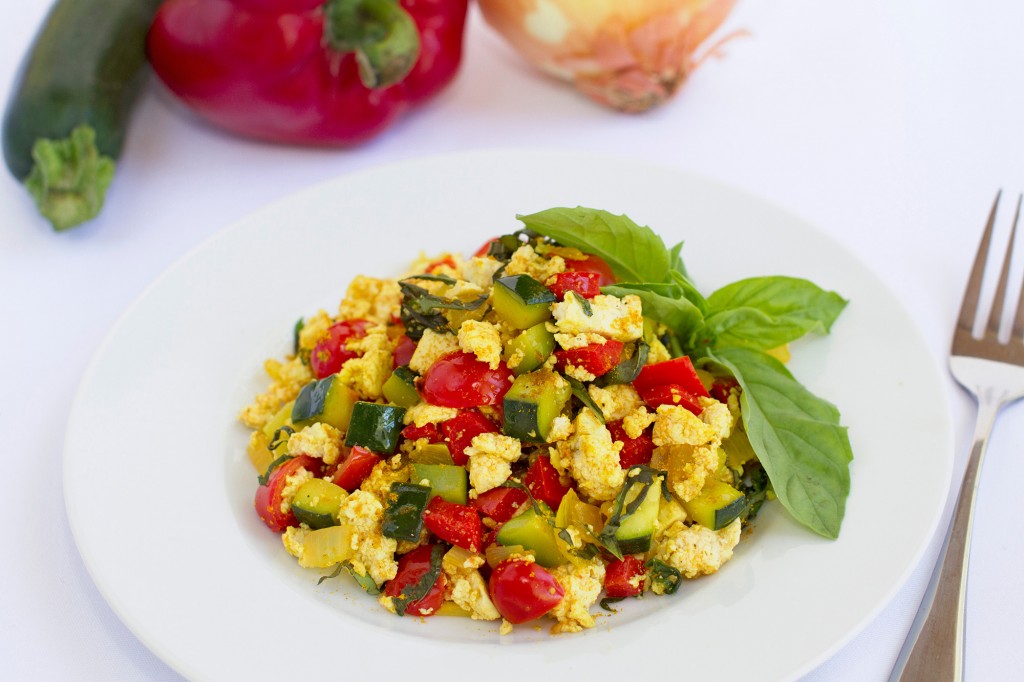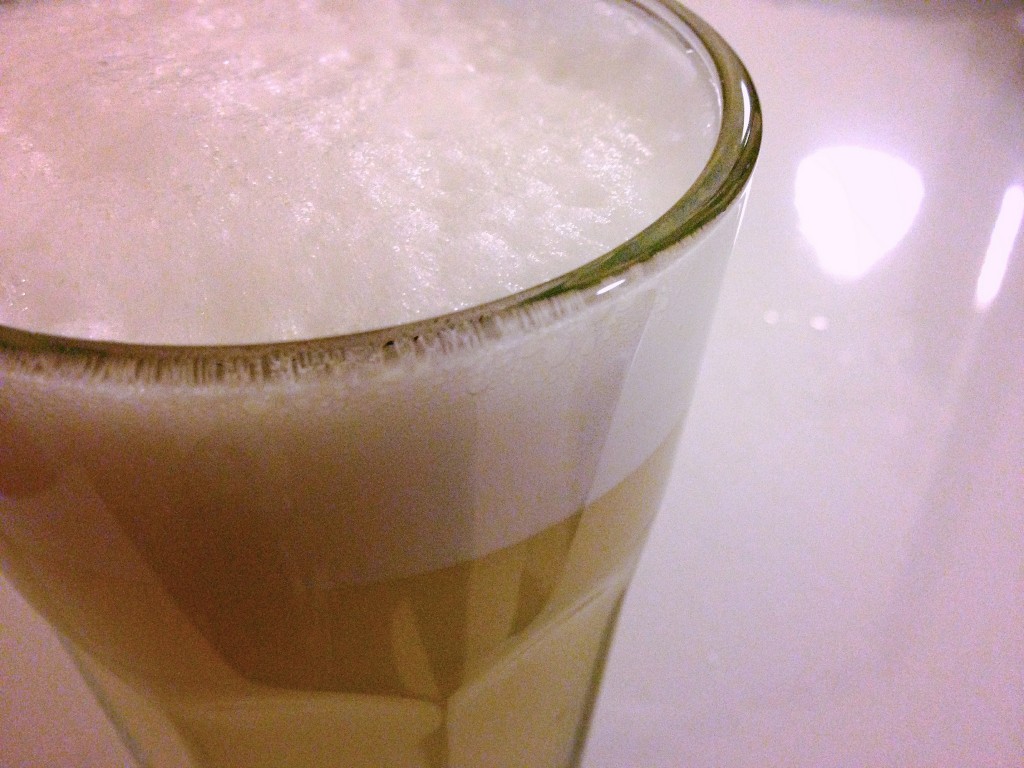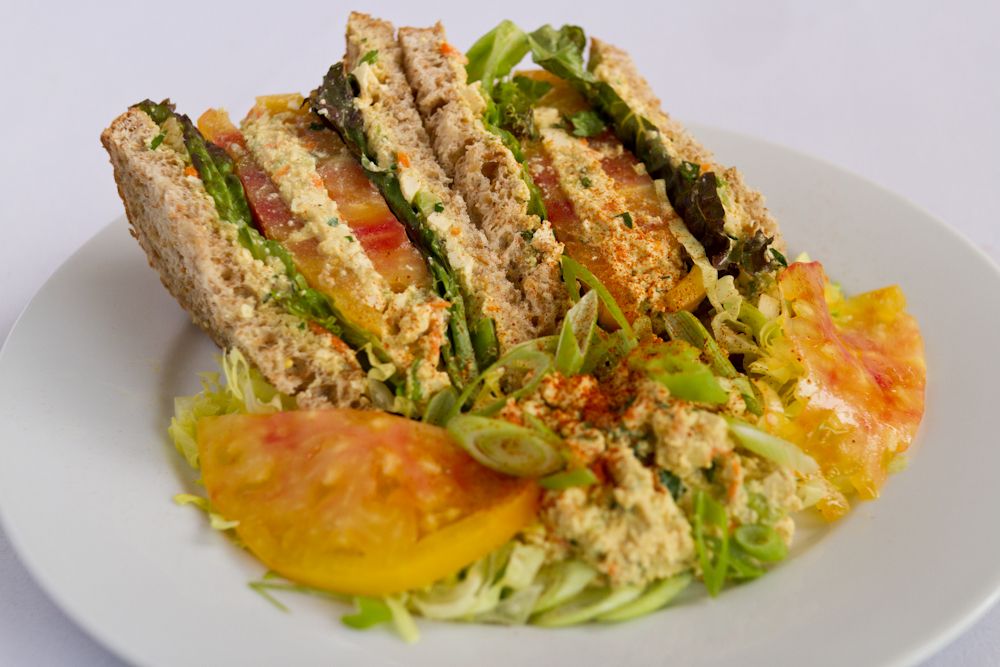
Fuel Up Like a High-Performing Vegan Athlete
Photo Credit: Amanda Mathson, http://amandamathson.co/
Professional athletes of all kinds tout the benefits of plant-based diets. These champions — like Patriots quarterback Tom Brady, ultramarathoner Scott Jurek, and track Olympian Carl Lewis — provide valuable examples of the success and performance gains that are possible without consuming animal protein. In fact, a highly nutritious vegan diet can provide big advantages for athletes of all levels, who generally experience better immune systems and therefore miss fewer training days. All of the antioxidants and phytonutrients in plant-based foods also decrease the oxidative stress that hard workouts can cause. As a result, many vegan athletes say that they do better in competition and recover even faster than before they eliminated animal protein.
A highly nutritious vegan diet can provide big advantages for athletes
If you’re eating a plant-based diet and exercising regularly, or training intensely, there are some key issues to factor when choosing the best foods and supplements to achieve your best results. We’ll review the essential nutrients you need, what supplementation might be necessary, and suggest some menu options for how you might approach fueling up for and recovering from a big workout.
Protein as Fuel
Top of mind for everybody is protein, which repairs and strengthens muscle tissue, and can provides some essential fuel for endurance sports. It’s true that vegan athletes need more protein, but it is not as much as most think. As we covered in our Ornish Living article, Where’s The Protein? How Vegans Get Enough, it’s easy for vegans to get enough high-quality protein, especially if you’re mindful about it at every meal. In fact, most Americans are over-consuming protein, which makes protein deficiency extraordinarily rare. However, one thing vegans do need to be careful about is vitamin B12, a vital nutrient for the nervous system supplied most readily in animal protein, but which can be taken as a supplement or found in fortified grain products and nutritional yeast.
Your Most Important Nutrients
Other nutrients for the vegan athlete to consider when planning meals and supplements include:
- Iron plays a critical role in energy metabolism and oxygen transport. Athletes might have a higher risk of iron deficiency due to exercise-induced losses, which tends to affect menstruating women more. Leafy greens are an excellent source of iron, so supplements are not usually necessary. Also get plenty of beans, split peas, lentils, soybeans and fortified cereal. For your sweet tooth, you can enjoy iron-rich blackstrap molasses, prunes, raisins and apricots.
- Calcium is important for muscle contraction and relaxation, and also available in most leafy greens. Calcium is also rich in soy foods such as tofu, tempeh, soybeans, soy milk and yogurt.
- Magnesium is important for nerve and muscle function, cardiac activity, blood pressure regulation, hormonal interactions, immunity and bone health. Athletes need to replace their magnesium at a higher rate than sedentary people. Load up on spinach, chard, black beans and pumpkin seeds.
- Zinc is essential for immune function. For an immune boost with zinc include legumes such as beans and lentils, and add small amounts of nuts and seeds.
- Potassium works with sodium to balance the fluids and electrolyte levels in your body, which regulate your heartbeat and prevent muscles from cramping. Make sure to eat bananas, potatoes, spinach, soybeans, black and white beans and beets.
- Vitamin D may be especially important for athletes because of how it modulates calcium’s impact on skeletal muscle function. The best source for Vitamin D is sunshine.
- Omega 3 Supplements have been shown to be supportive in muscle health including muscle function, growth and quality when combined with exercise. Other benefits include reducing exercise induced muscle damage and muscle soreness. See Ornish Living Omega-3: Not All Fats Are Created Equal, which recommends supplements.
The Importance of Meal Timing
The timing of your meals can influence how you feel when you work out, how quickly you recover, and assist in maintaining muscle mass. Here are some menu options for a hard workout day to make sure you’re getting all you need.
Before Your Workout
- Proper hydration is essential. Generally, water is the best and this can be achieved with 8 – 12 ounces of water four hours before exercise. Spice up your routine with these beneficial beverages:
- Cherry juice spritzer (cherry juice and sparkling or soda water) for preventing post workout inflammation and muscle damage
- Iced Green Tea
- Kombucha
- Coconut water (unsweetened)
Enjoy a meal of healthy complex carbs which provide fiber, protein, vitamins, minerals and antioxidants. A liquid meal can be beneficial for some athletes, especially if it eases digestion. Try these options:
- Smoothie with banana, berries, beets, soy milk or a vegan protein powder, and tablespoon of ground flaxseeds, tumeric and coconut water. Optional: splash of pomegranate juice.
- Oatmeal with berries and ground flaxseeds.
- Low-fat whole grain crackers or pita with hummus.
- Low-fat almond yogurt or soy yogurt with berries and ground flax or chia seeds.
Post-Workout
Have a meal or snack ideally 30 minutes to two hours after exercising that is rich in complex carbohydrates and protein, and includes about 20g of protein. These options below will replenish muscle and liver glycogen stores.
- Banana “Ice-cream”: blend frozen bananas with ground flax and soy milk.
- Mocha Banana Smoothie: Cocoa powder; bananas; soy milk or vegan protein powder.
- Edamame with rock sea salt, which can be found on the Ornish Kitchen sample three-day menu.
- Roasted garbanzo beans and sweet potatoes with curry spices.
- Black beans and brown rice with kale.
- White Bean and Sweet Potato Vegan Quesadilla.
- Hummus with whole pita and veggies, which can be found on the Ornish Kitchen sample three-day menu.
- Quick Lentil Chili or Tofu Scramble, which can be found on the Ornish Kitchen sample three-day menu.
- Roasted starchy Veggies packed with anti-inflammatory and antioxidant properties such as winter squash, and garbanzo beans, pumpkin, maize, and peas.
- Kombucha is great for rehydrating.
How do you like to replenish with plant-based food after exercising?








